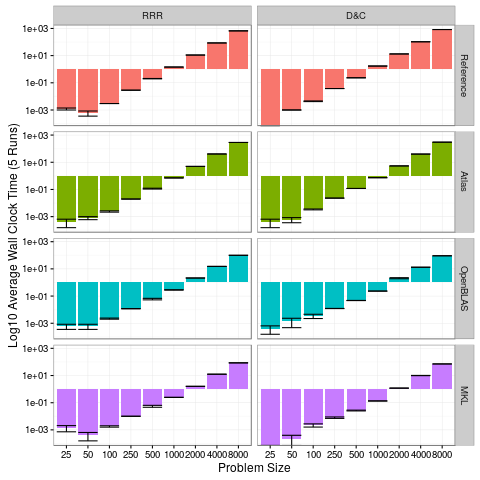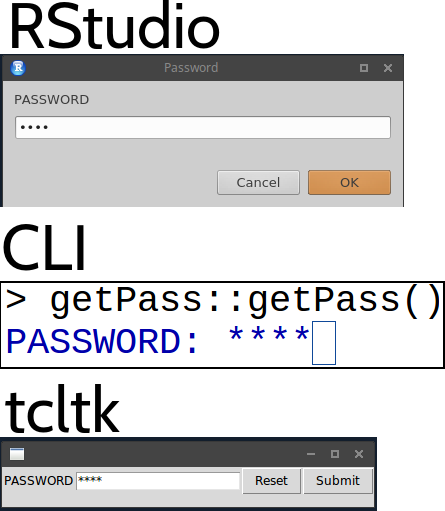Comparing Symmetric Eigenvalue Performance
Lazy reader’s guide: skip to the pretty pictures, skim the conclusions section, ignore the rest.
Background
I think a lot about eigenvalue and singular value decompositions. I won’t get into it right now, but I have been quoted in the past as sa...


